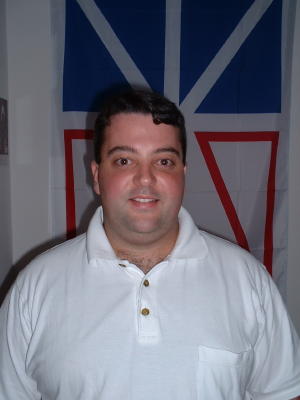Who Should Cite What?
Over the past week or so, I've read a couple of things about the manner in which we should, at least in terms of how citations should be used. First it was On citations over at A Gentleman's C and then it was Cites at vegreville.
The basic premise of the first of these was a discussion of what exatly you should cite when you are writing. For example, I read a Master's thesis on the plane ride over here to Dallas on Friday. It was about social presence and a virtual school, but in the literature review of this document there was no mention of Short, WIlliams and Christie - none whatsoever, not even listed in the references. The odd thing about this is that over thirty years ago, these three guys came up with the concept of social presence. Now in reading through this thesis, it was well written and the more current literature that this student chose to use was both valid and fairly comprehensive for Master's-level work. But it raises the same question that is asked at A Gentleman's C - "who cites whom and how much"?
The main theme of the second entry was that while citations do matter, at least in terms of promotion and tenure as they indicate a level of impact that you are having on your field, that since one of the more cited piece of work by vegreville is actually a description of an earlier, more foundational piece that he wrote (and the fact that many of the times he has seen it written the authors have used it incorrectly) he is less concerned with the whole issue of being cited.
So, it goes back to the basic question... Who should cite what?
As professionals, most of us in the academy, do we owe it to each other as a professional courtesy to cite our colleagues whenever possible and appropriate because we want others to cite our work because there is a direct benefit for us when it comes to promotion and tenure? Should we be responsible for making sure that we cite all of the foundational works that our ideas are built upon? Or, alternatively, should we focus upon the newer literature as a way to show that we are current in our field? Should we do both? At what point are we citing too much? Is there such a thing as citing too much?
These are all good questions and I imagine the answers will vary depending on where people are in their careers (i.e., tenured vs. untenured) and their particular position (i.e., within the academy or outside of the academy). So, let's hear from you.
Tags: academy, tenure, graduate student, graduate students, graduate school, higher education, education



0 Comments:
Post a Comment
<< Home